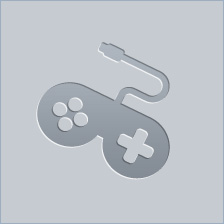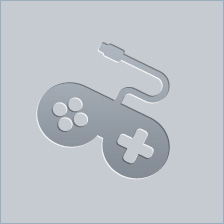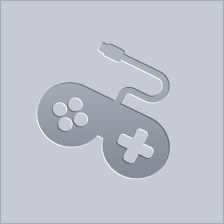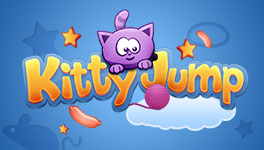TouchTone Review
Price: $2.99
Version Reviewed: 1.0
Device Reviewed On: iPad Air
Graphics / Sound Rating: 




Controls Rating: 




Gameplay Rating: 




Replay Value Rating: 




Overall Rating: 




TouchTone isn't just a game with a message. In TouchTone, the game is the message. In an age when the government spies on us through our phones while corporations mine that same data for profit, playing a mobile game as an ersatz NSA agent hardly feels like "playing" at all.

 Befitting the game's focus on contemporary privacy invasions, TouchTone lays down the paranoia fast and thick. After a few training exercises, players are tasked by their government handler “patriot” with hacking into and analyzing the messages of suspicious individuals for possible threats. Reading through the correspondences allows the narrative to emerge in a great, organic way, but even if you just skim through the conspiracies the game's oppressive atmosphere remains inescapable. The clinical, minimally-colored cyberspace visuals create a sense of detachment that's chillingly appropriate for digital government snooping. Swirling geometric shapes feel ripped out of a stylish 70s thriller and low, pulsating music keeps tensions high. In a way, the game does for modern day, post-Snowden, American fears what Papers, Please did for post-Soviet Eastern European immigration issues.
Befitting the game's focus on contemporary privacy invasions, TouchTone lays down the paranoia fast and thick. After a few training exercises, players are tasked by their government handler “patriot” with hacking into and analyzing the messages of suspicious individuals for possible threats. Reading through the correspondences allows the narrative to emerge in a great, organic way, but even if you just skim through the conspiracies the game's oppressive atmosphere remains inescapable. The clinical, minimally-colored cyberspace visuals create a sense of detachment that's chillingly appropriate for digital government snooping. Swirling geometric shapes feel ripped out of a stylish 70s thriller and low, pulsating music keeps tensions high. In a way, the game does for modern day, post-Snowden, American fears what Papers, Please did for post-Soviet Eastern European immigration issues.
However, in a game like Papers, Please the somewhat tedious gameplay was used to make a point about how dehumanizing the work was. While TouchTone isn't nearly as tedious, the monotony that is there can't fall back on the same excuse. The game is essentially a series of the hacking minigames you'd find in a game like BioShock, Deus Ex, or Watch_Dogs. Each puzzle contains a grid full of colorful lasers and nodes. By shifting around angled blockers, players must redirect the beams to sync up with their respective connection points. To make things harder, later puzzles throw in more lasers and new blocker types like ones that split the beams in multiple directions or change their colors. Also, shifting squares around on the grid affects the other squares around it, so positioning things in the right order is crucial.

 Players will feel like really smooth operators after finishing many of these puzzles considering how complex they get. However, play enough of them in a row and players will also feel like they already "get" the trick and don't need to keep moving forward. The game wisely keeps puzzle chunks pretty small and digestible, frequently introducing new emails to steal, read, and evaluate – but the puzzles should be a reward unto themselves, not just a key to unlock the next part of your morally dubious spy adventure. This isn't the most fair comparison, but as a pure puzzle game, TouchTone is enjoyable but it’s no Threes!. That’s shame since one of the game's co-creators, Greg Wohlwend, worked on that phenomenal game as well.
Players will feel like really smooth operators after finishing many of these puzzles considering how complex they get. However, play enough of them in a row and players will also feel like they already "get" the trick and don't need to keep moving forward. The game wisely keeps puzzle chunks pretty small and digestible, frequently introducing new emails to steal, read, and evaluate – but the puzzles should be a reward unto themselves, not just a key to unlock the next part of your morally dubious spy adventure. This isn't the most fair comparison, but as a pure puzzle game, TouchTone is enjoyable but it’s no Threes!. That’s shame since one of the game's co-creators, Greg Wohlwend, worked on that phenomenal game as well.
However, TouchTone is more than just a pure puzzle game. It's an interactive commentary on our current dystopian surveillance state. Every facet of the game works to uphold and reinforce that core theme, even if some facets work a little harder than others, and in that respect it succeeds. So catch it, before they catch you.


























